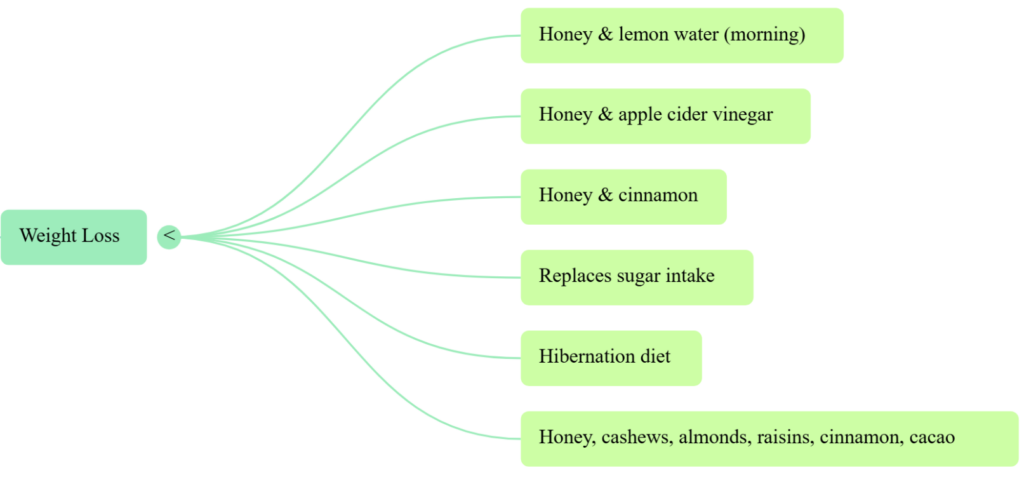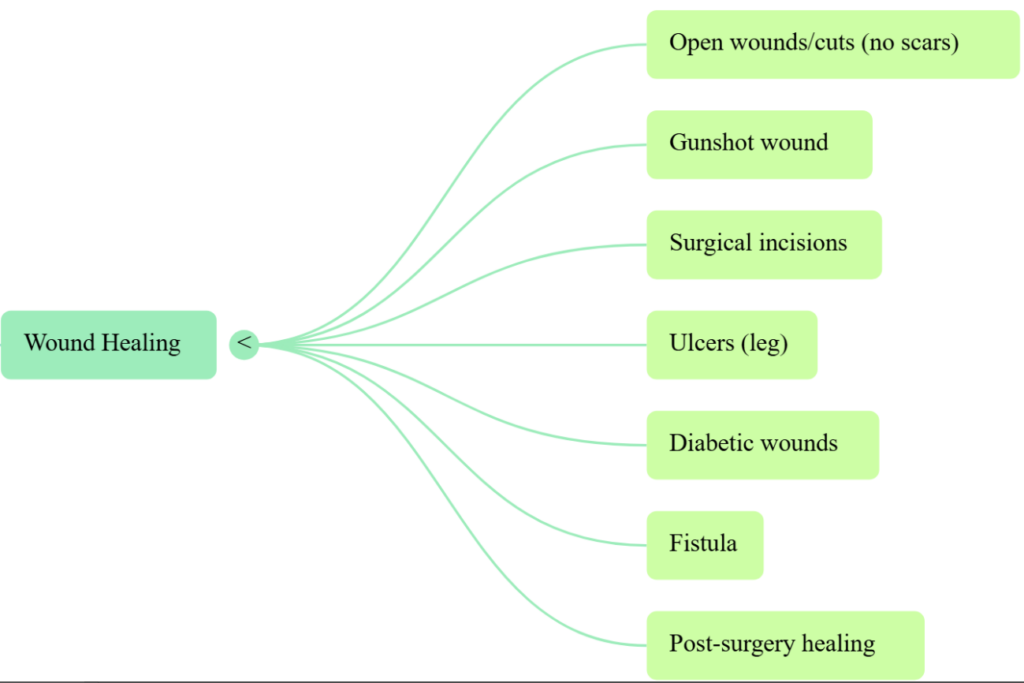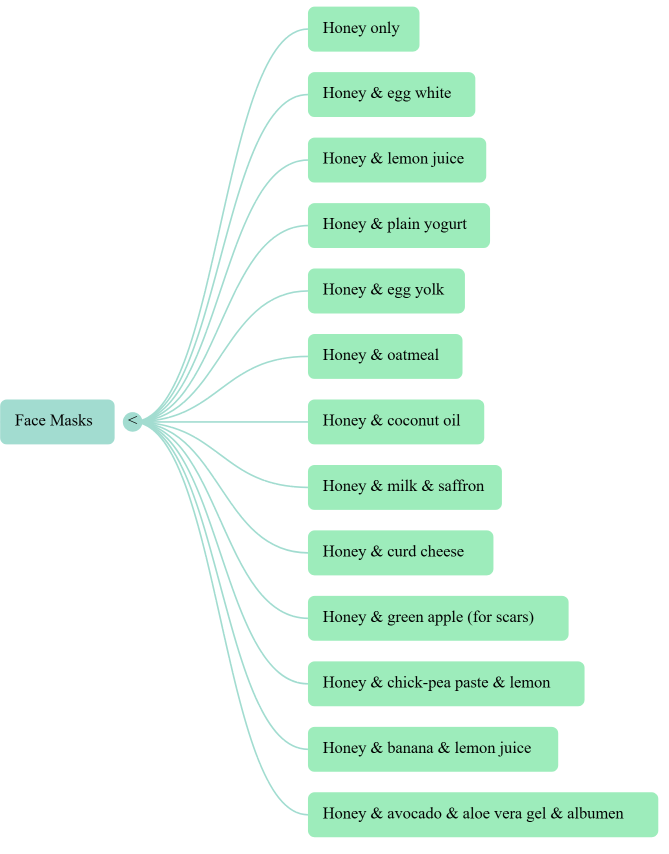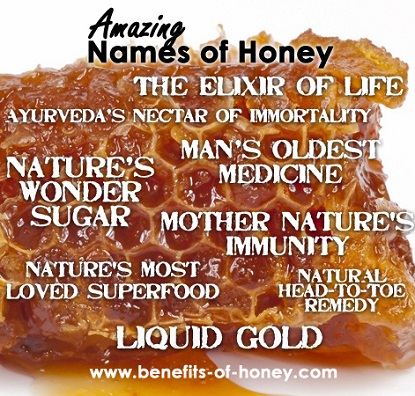healing power of honey
Amazing Healing Power of Honey: 8 FAQs From Testimonials Received Since 2009
Below are several FAQs consolidated based on the hundreds of stories about the healing power of honey received from our visitors to this site since 2009.
1. What are the most commonly reported health benefits of honey in these testimonials?

Across numerous testimonials, honey is lauded for a wide array of health benefits, often serving as a natural alternative to conventional medicine. The most frequently mentioned benefits from the healing power of honey include its efficacy in wound healing, with many users reporting faster healing, reduced scarring, and prevention of infection for cuts, burns (including third-degree), ulcers, and even post-surgical wounds. It’s repeatedly cited as an effective remedy for coughs, colds, sore throats, and flu symptoms, often combined with lemon, ginger, or cinnamon. Honey is also frequently praised for boosting the immune system, helping to prevent frequent illnesses like colds and flu.

Many users report on the healing power of honey with positive impacts on digestive issues, such as acid reflux, constipation, stomach cramps, and ulcers. Weight management is another prominent theme, with individuals using honey as a sugar substitute or in combination with lemon and warm water to aid weight loss and curb sweet cravings.
Skin health also features prominently, with honey being used to treat acne, rosacea, eczema, scars, and to improve skin texture, softness, and glow. Beyond these, testimonials highlight honey’s role in increasing energy levels, improving sleep quality, reducing allergy symptoms (especially with local honey), and alleviating various pains, including arthritis and muscle soreness.
2. How is honey most commonly used as a home remedy or dietary supplement?
The healing power of honey is experienced in a remarkable variety of ways, reflecting its versatility as both a food and a medicinal agent. As a dietary supplement, it frequently replaces refined sugar in drinks like tea and coffee, and in cooking and baking recipes. Many start their day with a mixture of honey and warm water, often with lemon or apple cider vinegar, for detoxification, energy, or weight control. It’s also commonly added to breakfast foods such as oatmeal, yogurt, toast, pancakes, and smoothies.

For topical applications, honey is directly applied to wounds, burns, and skin conditions like acne, eczema, and rashes. It’s used as a facial mask, sometimes mixed with ingredients like egg white, oatmeal, lemon, or cinnamon, for skin improvement. For internal remedies, it’s often combined with other natural ingredients like lemon juice, ginger, garlic, or cinnamon to create syrups or pastes for colds, coughs, and digestive issues. Some even use it as an eye drop for infections (though this should be approached with caution and medical advice) or apply it for nail infections.
3. What types of honey are mentioned and is there a preference for a specific kind?
While many of the healing power of honey testimonials simply refer to “honey,” “raw honey,” or “pure honey,” some specific types are mentioned for their distinct properties or regional availability. Manuka honey from New Zealand and Australia is frequently highlighted for its potent healing and antibacterial qualities, particularly for severe infections, ulcers, and eye conditions. Buckwheat honey is noted for its effectiveness in treating coughs. Local honey is widely recommended, especially for allergy relief, with the belief that it helps the body adapt to local pollens.
Other varieties like clover honey, wildflower honey, linden flower honey, acacia honey, and even honey from stingless bees (madu kelulut) are mentioned, often appreciated for their specific flavors and textures. The consensus leans strongly towards raw, natural, unfiltered, and unpasteurized honey, with many users emphasizing that store-bought, processed honey may lack the full range of beneficial properties.
4. What are some of the less common but notable uses of honey described by users?

Beyond the more prevalent uses, testimonials of the healing power of honey reveal several less common but intriguing applications of honey. These include using it to:
- Heal severe burns without scarring: As seen in stories of third-degree burns on a child’s stomach or a curling iron burn, honey reportedly eliminated pain and prevented scars.
- Treat specific medical conditions: Users report honey helping with elevated triglycerides, rosacea, venous insufficiency ulcers, fibrocystic breast disease, semi-facial spasms, nail infections, acid reflux, IBS, colitis, asthma, chronic constipation, high blood pressure, and even conditions like MRSA and tuberculosis (though medical consultation is always advised for such serious conditions).
- Improve sleep and energy: Many find a spoonful of honey before bed aids in restful sleep, while others use it for an energy boost throughout the day or before workouts.
- Enhance beauty routines beyond facial masks: This includes using honey for hair loss, strengthening hair, as a body wash for soft and glowing skin, to reduce dark circles and uneven skin tone, and for chapped lips.
- Address animal health issues: Testimonials mention honey being used to heal a dog’s corneal ulcer, skin ailments in a dog, a horse’s hoof infection, and even mouth ulcers in a cat.
- Control blood sugar levels in diabetics: Several diabetics report successfully using honey as a sweetener and seeing their blood sugar and cholesterol levels normalize, though this is a complex area and should be discussed with healthcare professionals.
- Serve as an emergency first-aid item: Some users carry honey to apply to immediate injuries like cuts and burns.
5. What role does honey play in promoting overall well-being and a healthier lifestyle?
Honey is frequently integrated into daily routines as a cornerstone of a healthier lifestyle, moving beyond mere symptom relief. Many users explicitly state they’ve replaced all processed sugars and artificial sweeteners with honey in an effort to reduce inflammation, manage weight, and generally improve their diet. This shift is often linked to increased energy, better digestion, improved immunity, and a sense of overall vitality. Regular consumption of honey is seen as a preventative measure against common illnesses and a way to maintain consistent health.
Testimonials often highlight honey as a “natural food” or “God’s gift,” emphasizing its pure and wholesome nature compared to manufactured alternatives. It’s used to enhance the flavor of healthy foods, making nutritious meals more enjoyable and sustainable. The act of choosing honey is often part of a broader commitment to natural health and a desire to connect with more traditional remedies.
6. Are there any cautionary notes or important considerations mentioned regarding honey use?
Yes, a significant cautionary note consistently highlighted is that honey should not be given to infants under the age of one (or 18 months, as one user states) due to the risk of infant botulism. This is explicitly mentioned as a critical safety warning.
Beyond this, there’s a strong emphasis on the importance of using raw, natural, unfiltered, and unpasteurized honey. Many testimonials advise against generic store-bought honey, suggesting it may be adulterated or lack the full therapeutic properties. Users recommend sourcing honey directly from local beekeepers or trusted bee farms to ensure purity and potency.
There are also discussions about the potential for honey to cause cavities due to its sweetness, with a recommendation to maintain good oral hygiene, such as brushing teeth after consumption. For individuals with serious health conditions like diabetes, while many testimonials report positive effects, implicit in the varied experiences is the need for personal discretion and, ideally, consultation with healthcare professionals, especially when making significant dietary changes or using honey to treat severe ailments.
7. How do personal experiences and cultural traditions influence the use of honey?
Personal experiences and cultural traditions significantly shape how honey is used and perceived. Many users’ initial exposure to honey as a remedy comes from family members, particularly mothers or grandmothers, who passed down traditional methods for treating coughs, colds, or wounds. This intergenerational knowledge instills a deep trust in honey’s efficacy. Cultural backgrounds also dictate specific combinations, such as the Greek tradition of using honey and olive oil, Indian Ayurvedic practices integrating honey with various herbs, or Muslim beliefs in honey’s healing properties as mentioned in the Quran.
The act of beekeeping, whether as a hobby or a livelihood, also fosters a deeper appreciation and understanding of honey’s benefits, often leading to more extensive and varied uses. Testimonials from diverse countries like Nigeria, Malaysia, India, South Africa, and the Philippines showcase how honey is adapted into local cuisines and traditional health practices, from specific tea mixtures to facial masks and food preparations. This rich tapestry of personal stories and cultural wisdom on the healing power of honey reinforces its role as a globally valued natural product.
8. What is the overarching sentiment or message conveyed by the collective testimonials about the healing power of honey?

The overarching sentiment conveyed by these testimonials is one of profound admiration, gratitude, and strong belief in honey’s “miraculous” and “extraordinary” healing powers. Users frequently describe honey as a “gift from God” or “nature’s purest sweetener and health need.” There’s a shared sense of empowerment from discovering natural remedies that often prove more effective or gentler than conventional treatments, especially for long-standing ailments. Many are inspired to “spread the message” about honey’s benefits, hoping to help others find relief.
The testimonials about the healing power of honey collectively paint a picture of the natural sweetener as a versatile, natural, and potent substance that can positively impact various aspects of health and well-being, from physical ailments to improved appearance and overall vitality. This widespread enthusiasm underscores a growing global appreciation for natural solutions and the profound impact of traditional knowledge on modern health practices.
End of “8 FAQs on the Healing Power of Honey: From Testimonials Received Since 2009”. Back to The Benefits of Honey – Amazing Stories.